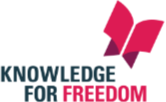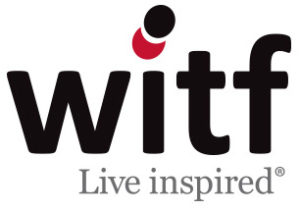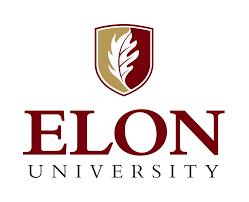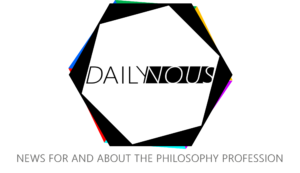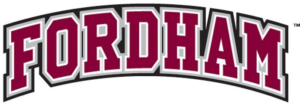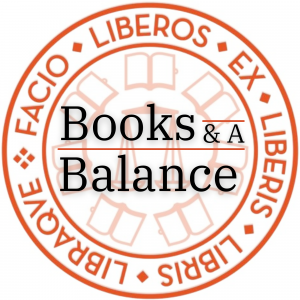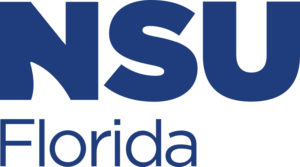Dickinson College’s House Divided Project, which examines the Civil War and Reconstruction, is hosting a college-level seminar for high school seniors to explore questions of freedom, democracy and self-government. The free, three-week program includes trips to Washington D.C., Gettysburg and the National Civil War Museum in Harrisburg. It’s aimed at low-income and first generation college-bound students.
15 inaugural Freedom Scholars will complete a two-week, intensive, residential experience at Elon for the rising seniors from the Alamance-Burlington School System this summer followed by a year of programming and college application support.
In July, the University of Dallas (UD) will host its first Knowledge for Freedom program, “College Citizens,” which will allow twelve rising high school seniors from the Dallas-Fort Worth area to spend three weeks at UD, taking a liberal arts interdisciplinary class and experiencing life on a college campus for free.
An interdisciplinary team of professors at Elon University are launching a free, two-week, philosophy-centric residential summer program on democracy and civic engagement for underserved students entering their senior year of high school.
A $300,000 Knowledge for Freedom initiative grant to Fordham University will fund a three week summer bridge program in philosophy for fifteen high school students from the Bronx.
A three-week summer program called “Visions of the Good in the Bronx” at Fordham University, funded by a $300,000 Knowledge for Freedom grant from The Teagle Foundation, will allow high school students from the Bronx to contemplate big philosophical questions, explore a college campus, and receive college application help.
Roosevelt Montás discusses the “Social Philosophy I” course that Martin Luther King Jr. taught at Morehouse College in 1961. Montás argues that “it behoves us to recover the political tradition embodied in King’s syllabus,” which included Plato, Aristotle, Augustine, Aquinas, Machiavelli, Hobbes, Locke, Rousseau, Kant, Hegel, Bentham, and Mill. Montás writes, “Though we should certainly read new and diverse authors and study non-western traditions, but we must do so along with — rather than instead of — the traditional canon, as King did.”
Brian Rosenberg, who serves on Teagle’s board, talks about the value of the humanities in American higher education, especially for historically underserved students. He highlights Teagle’s Knowledge for Freedom initiative.
A $25,000 Knowledge for Freedom planning grant will support a three-week symposium titled “One Person Can Change the World” for underprivileged high school juniors in Broward County, Florida.
Roosevelt Montás did not need to be rich, privileged, or cultured to find something in great literature that spoke to the deepest sense of his own being. Since 2009, he has been introducing low-income high school students to intellectual traditions inspired by Socrates. Old classics still have the power to move and transform young people.
